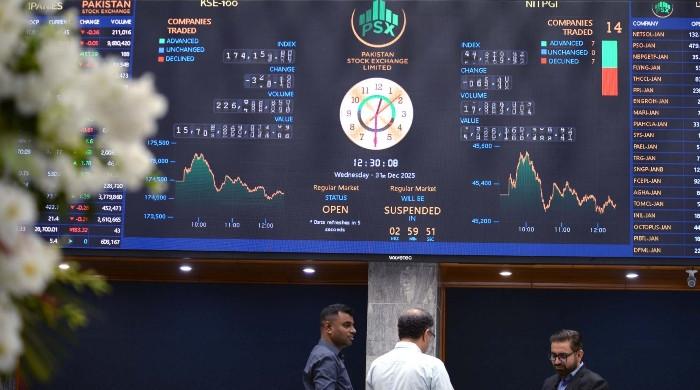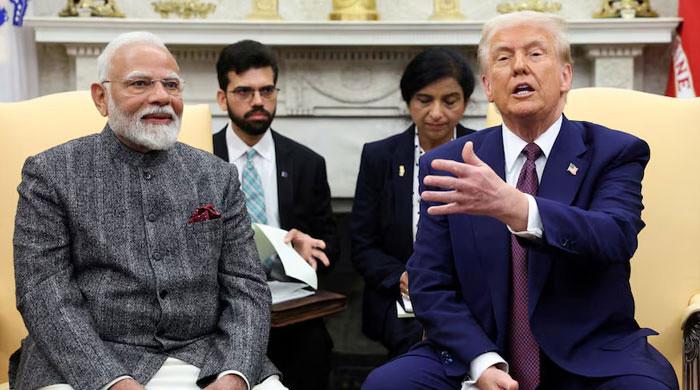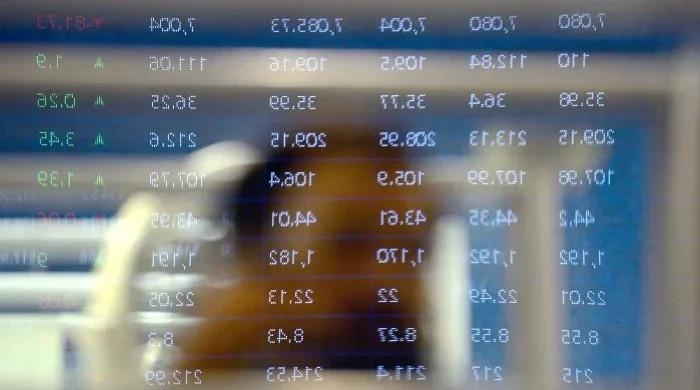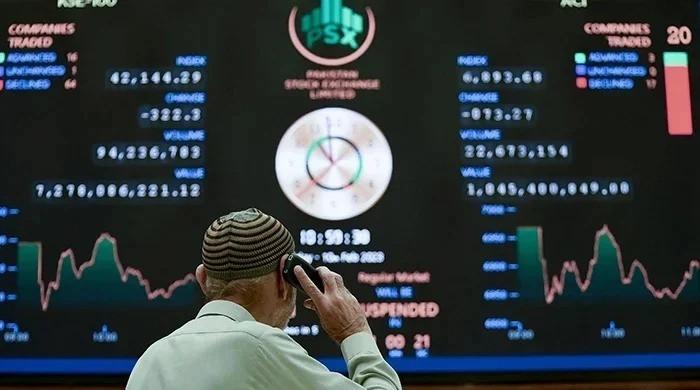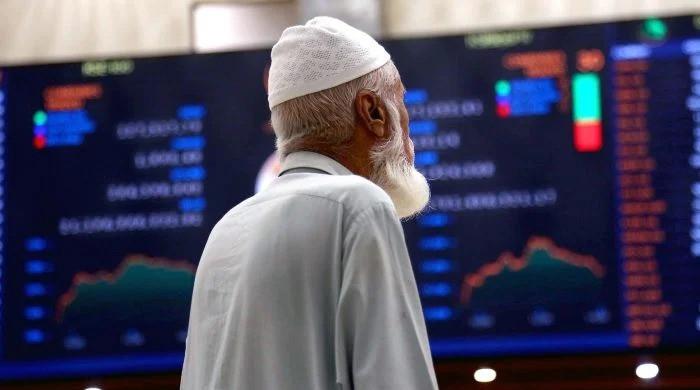Dollar maintains gains in Asia
TOKYO: The dollar held firm in Asia Wednesday after striking above 102 yen in New York trade while it was sitting at an eight-month high against the euro after the West widened sanctions against...
July 30, 2014
The greenback bought 102.11 yen in midday Tokyo trade, against 102.13 in New York, where it crossed 102 yen level for the first time since July 7.The euro was at $1.3413 compared with $1.3409 in New York.
The single currency had fallen to $1.3404 at one point in US trade, its weakest since November. It also edged up to 136.95 yen from 136.93 yen in New York.
Investors bid up the dollar on Tuesday after data showed US consumer confidence in July hit its highest level since October 2007, the latest indication the world´s top economy is on a strong recovery track.
It was given a further nudge against the euro by the announcement of fresh economic measures against Moscow for its support of Ukrainian rebels who have been accused of shooting down a Malaysian passenger jet this month.
There are fears the measures will hurt the already fragile eurozone economy as Russia is a major supplier of the region´s energy.
National Australia Bank said the possibility of the sanctions having a flow-on effect outside Russia, particularly in Germany and other European countries, was a "headwind to sentiment".
However, Capital Economics said in a note: "While the sanctions will impose an economic cost on the rest of Europe, not least because of the possibility of a tit-for-tat response by Moscow, this is likely to be small."
Investors were hardly moved by official Japanese data on Wednesday showing industrial production in June fell 3.3 percent from May, the worst drop since the March 2001 earthquake-tsunami disaster.
Dealers are now awaiting the release of data on US economic growth for the second quarter and jobs.
Wednesday will also see the Federal Reserve wrap up its latest policy meeting.
"The Fed will still announce a further tapering in the pace of its monthly asset purchases, to $25 billion from $35 billion, after the policy meeting," Capital Economics said."
Another strong rise in payroll employment and a fall in the unemployment rate in July could prompt more speculation that the Fed will start to raise interest rates before next summer," it said in a note.
A rise in interest rates tends to boost demand for the dollar. (AFP)




